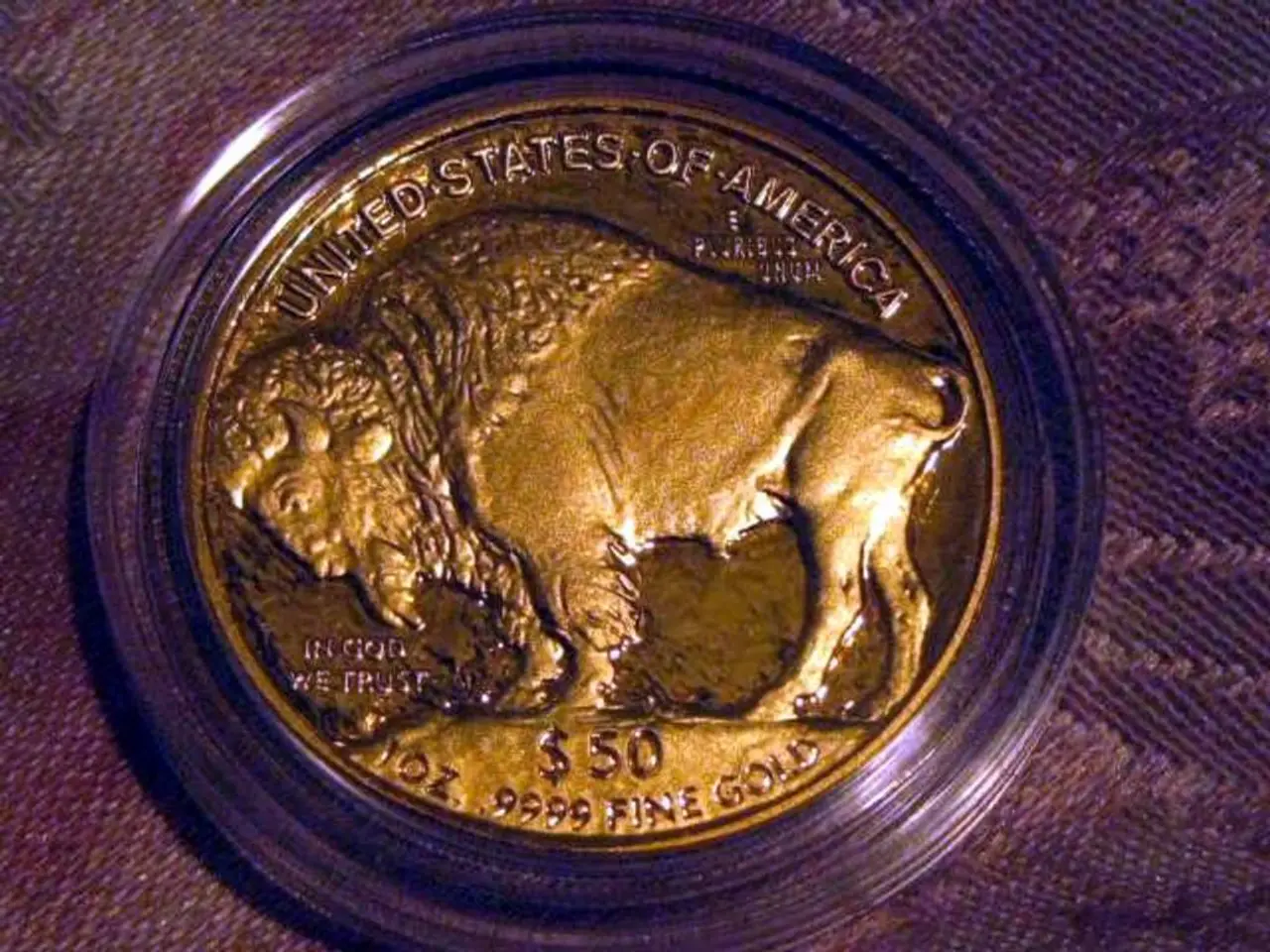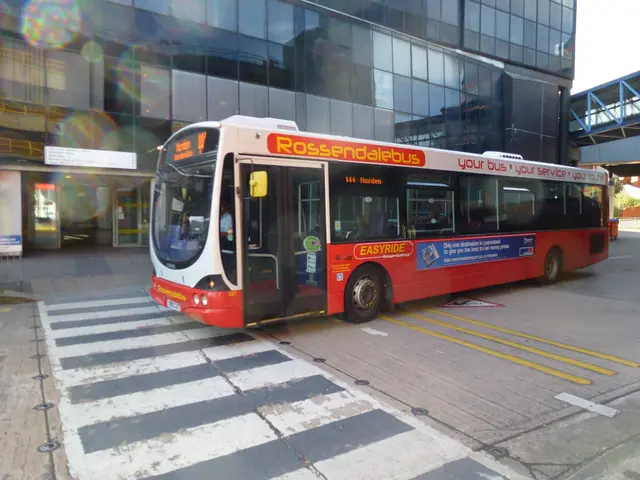Trump enacts decree imposing $100,000 yearly fee for H-1B visa application submissions
The tech industry is abuzz with the announcement of two new visa programs by former President Donald Trump: the 'Trump Gold Card' and the 'Trump Platinum Card.' While no specific companies have publicly registered for the programs, the Platinum Card allows companies to acquire U.S. residency permits for employees at a cost of two million dollars each. The identities of enrolled companies remain undisclosed.
The 'Trump Gold Card,' on the other hand, is available for foreigners, offering a potential pathway to U.S. citizenship for a processing fee and a $1 million contribution after vetting. The Gold Card allows foreigners to spend up to 270 days in the U.S. without being subject to U.S. taxes on non-U.S. income.
Meanwhile, the H-1B visa program, created in 1990 for high-skilled foreign workers, continues to be a contentious issue. This year, Amazon received more than 10,000 H-1B visas, making it the top recipient. The visas are intended to fill jobs that tech companies find difficult to fill with qualified U.S. citizens and permanent residents.
However, the H-1B program has been criticized for turning into a pipeline for overseas workers who are often willing to work for less than typical U.S. technology worker salaries. Critics argue that H-1B spots often go to entry-level jobs rather than senior positions with unique skill requirements. Companies can pay less by classifying jobs at the lowest skill levels, even if the specific workers hired have more experience.
The AFL-CIO wants visas awarded to companies that pay the highest wages instead of by random lottery, a change that Trump sought during his first term in the White House. In 2024, lottery bids for the visas plunged nearly 40% due to success against people who were 'gaming the system' by submitting multiple, sometimes dubious, applications.
The H-1B program has been a subject of controversy, with its 'split personality disorder' as described by Doug Rand, who served as the director of U.S. Citizenship and Immigration Services during the Biden administration. The program allows companies to outsource help desks, programming, and other basic tasks to consulting companies like Wipro, Infosys, HCL Technologies, Tata in India, and IBM and Cognizant in the U.S.
In response to the criticisms, President Trump signed a proclamation to impose a new annual $100,000 fee for H-1B visa applications. This move was met with opposition, with major technology companies seeking changes after massive increases in bids left their employees and prospective hires with slimmer chances of winning the random lottery.
Notably, the first lady, Melania Trump, was granted an H-1B work visa in October 1996 to work as a model. The future of these visa programs remains uncertain, potentially facing legal challenges and widespread criticism.
Read also:
- A Business Model Explained: Its Purpose and Benefits for Your Venture
- Trump administration faces lawsuit by Denmark's Ørsted over halted wind farm project
- U.S. takes a pledge of $75 million to foster Ukrainian resources development
- Deep-rooted reinforcement of Walkerhughes' acquisitions through strategic appointment of Alison Heitzman




